Where could Scotland site a new national park?
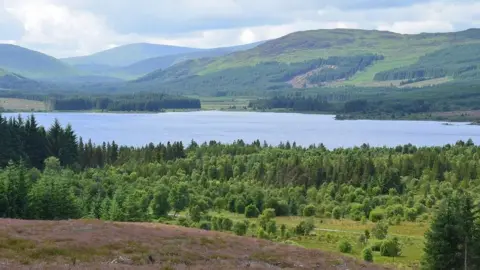 Jim Barton
Jim BartonConsultation is to begin on creating a new national park for Scotland.
There are currently two - the Cairngorms and Loch Lomond and the Trossachs - and both were created almost 20 years ago.
A power-sharing agreement between the SNP and the Scottish Greens said "at least one" would be designated by the end of this parliamentary session.
Now the first stage in that process is to start with the public and stakeholders asked for their input.
It will likely be "smaller in scale" than the existing ones, but where could any new national park be located?
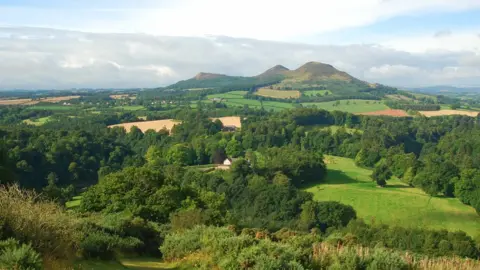 Getty Images
Getty ImagesThe commitment to create a new park was cause for celebration at the Scottish Campaign for National Parks (SCNP).
John Mayhew is project manager for the Scottish National Parks Strategy - a joint scheme between the SCNP and the Association for the Protection of Rural Scotland (APRS).
"The basic premise is that Scotland has amazing landscapes and really it is surprising at the least that we have only got two national parks," he said.
"Scotland should certainly have more."
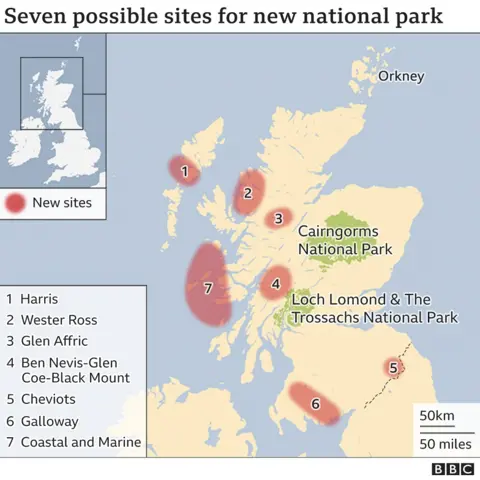
Seven potential areas were suggested back in 2013:
- Ben Nevis/Glen Coe/Black Mount
- Cheviots and Border Hills
- Galloway
- Coastal and Marine Park
- Glen Affric
- Wester Ross
- Harris
Mr Mayhew described them as a "real mix of places" which had prompted different reactions in the areas involved.
"Two campaigns were set up locally - one in Galloway and one in the Borders - we did not expect that," he said.
"It is only going to work if there is national agreement - but there also has to be local support for it.
"There are two places where there is clear evidence of that local support."

What is a national park?
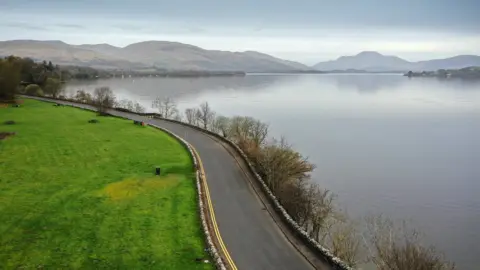 Getty Images
Getty ImagesThe term is used to describe an area set aside by a national government for the preservation of the natural environment.
It may be designated for purposes of public recreation and enjoyment or because of its historical or scientific interest.
Most of the landscapes and their accompanying plants and animals in a national park are kept in their natural state.
The national parks in the United States and Canada tend to focus on the protection of both land and wildlife, those in the United Kingdom focus mainly on the land, and those in Africa primarily exist to conserve animals.

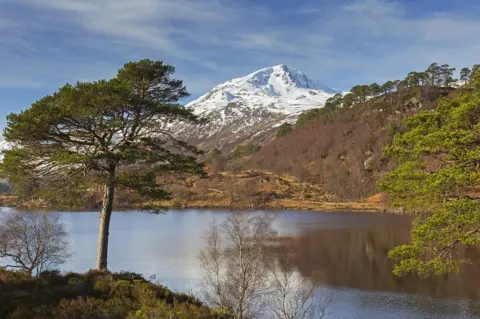 Getty Images
Getty ImagesMr Mayhew said anywhere securing the status should witness a number of changes.
"You should see better conservation of nature and the landscape," he said. "You should see better provision for visitors. You should see local socio-economic development - but things that are not going to damage the very thing that people are going to come and see.
"It is a difficult job to balance all these things."
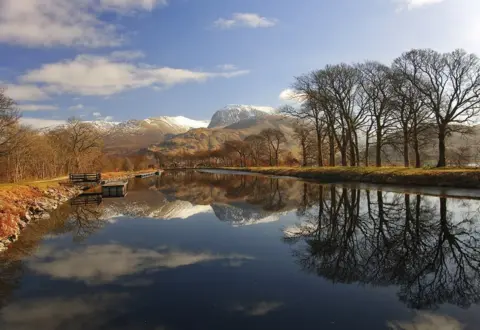 Getty Images
Getty ImagesNot everyone is enthusiastic, however, including NFU Scotland.
Dumfries and Galloway regional chairman Colin Ferguson, who farms near Newton Stewart, said the union continued to "seek assurances" that a new park would benefit agricultural businesses and the wider rural economy.
He said it had "yet to be convinced" it was compatible with farming's "ambitions and aims".
"It is not yet clear to NFU Scotland what additional benefit or value could be driven through a new national park operating as a separate entity in the region but we continue to discuss the matter with all interested stakeholders," he said.
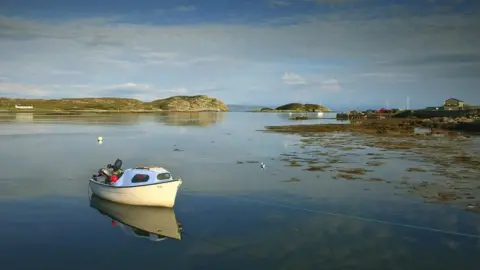 Getty Images
Getty ImagesThe team behind the Scottish Borders National Park proposal described the SNP-Green deal as a "major change of stance" and welcomed the news.
Campaign leader Prof Jane Bower said it already had an independent feasibility study which made a "strong case" for the status.
She said the team would continue to seek cross-party support for its plans and keep refining them to reflect "constructive comment and feedback".
Rob Lucas, who chairs the neighbouring Galloway National Park Association, said he hoped the strong local support - including from the council - could bolster its case.
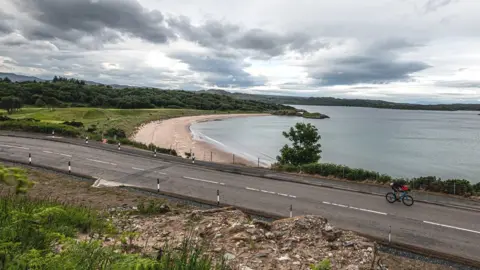 Getty Images
Getty Images"We set off by asking people the question did they think the national park was a good idea and they said yes," he said.
"The thing that really gets me excited is our young people who are saying this would really be a badge of honour - it would give them pride in their area."
He said that while the region already enjoyed other designations they did not bring the international recognition the new status could deliver.
"A national park is shorthand for something that people understand," he said.
However, he accepted there was a lot of work to be done, including consulting with communities on where park boundaries would be.
"The announcement from the government is not the end of the race - it's the starting gun," he said.
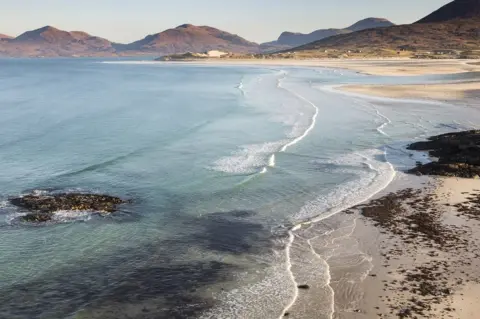 Getty Images
Getty ImagesIndeed, Mr Mayhew said that the deal had already sparked interested in other parts of Scotland.
"I think the flood gates are already open," he said.
"I think now in other areas of Scotland people will be thinking: 'That should be us'."
That could mean more than one new national park in the years to come.
All images are copyrighted.
